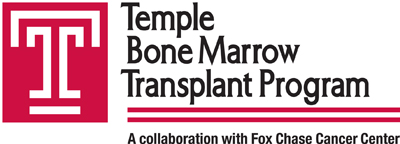About Temple University Health System
Temple University Health System (TUHS) is a $1.6 billion academic health system dedicated to providing access to quality patient care and supporting excellence in medical education and research. The Health System consists of Temple University Hospital (TUH); TUH – Jeanes Campus; TUH-Episcopal Campus; TUH-Northeastern Campus; Fox Chase Cancer Center, an NCI-designated comprehensive cancer center; Temple Transport Team, a ground and air-ambulance company; and Temple Physicians, Inc., a network of community-based specialty and primary-care physician practices.
TUHS is affiliated with the Lewis Katz School of Medicine at Temple University. The Lewis Katz School of Medicine at Temple University (LKSOM), established in 1901, is one of the nation’s leading medical schools. Each year, the School of Medicine educates approximately 840 medical students and 140 graduate students. Based on its level of funding from the National Institutes of Health, Temple University School of Medicine is the second-highest ranked medical school in Philadelphia and the third-highest in the Commonwealth of Pennsylvania.
Temple Health refers to the health, education and research activities carried out by the affiliates of Temple University Health System (TUHS) and by the Lewis Katz School of Medicine at Temple University. TUHS neither provides nor controls the provision of health care. All health care is provided by its member organizations or independent health care providers affiliated with TUHS member organizations. Each TUHS member organization is owned and operated pursuant to its governing documents.
